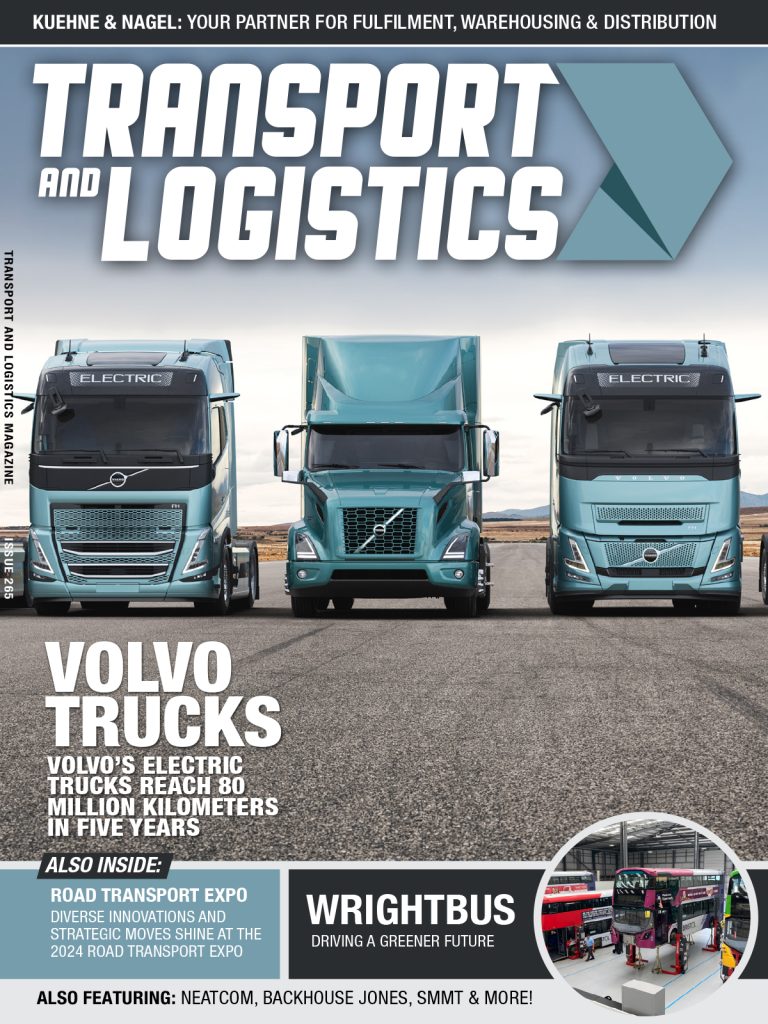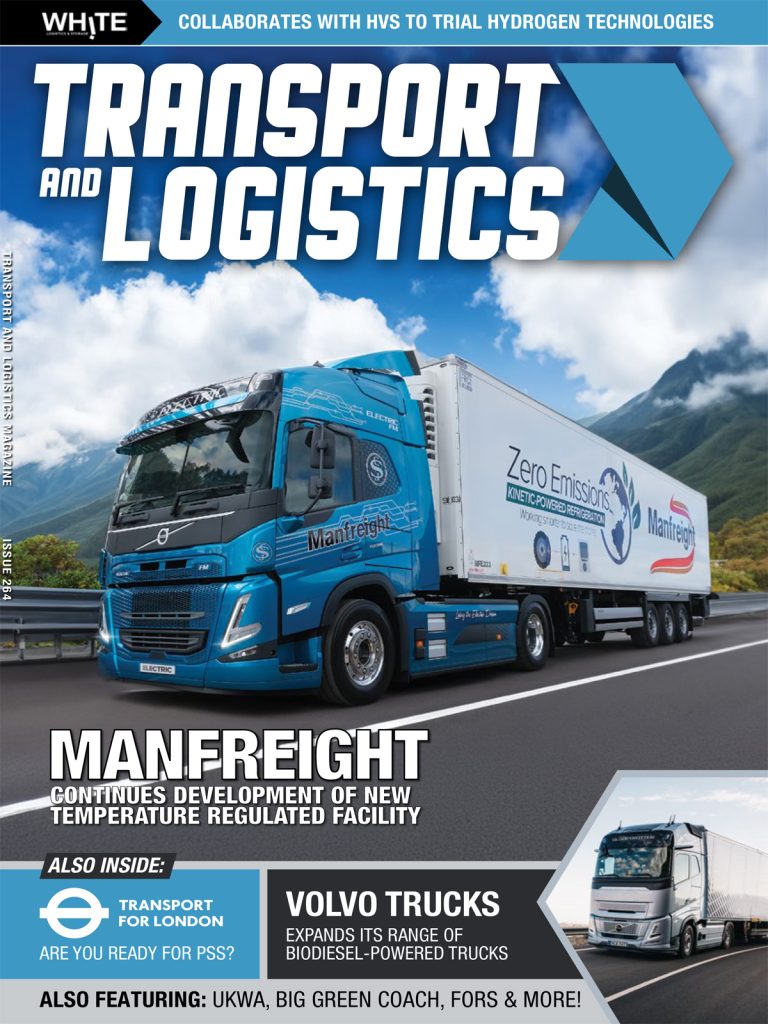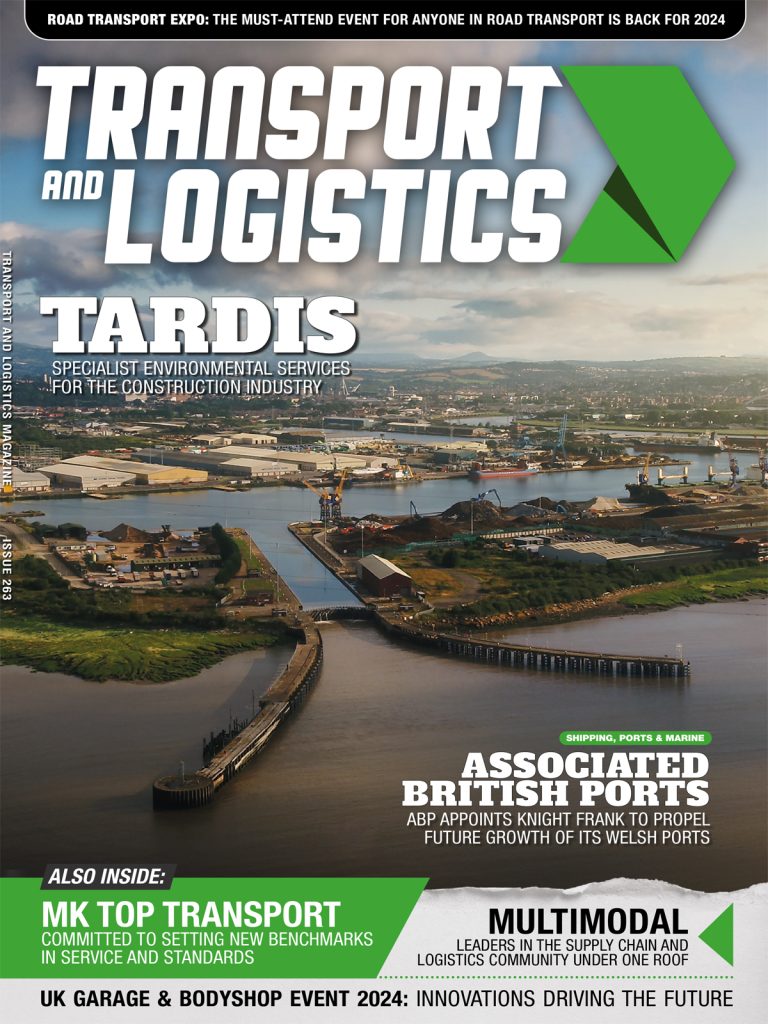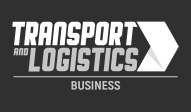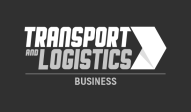The FTA have said that they urgently need more clarity in regards to trade & transport arrangements after Brexit. It has also been urged that these businesses are given a well-planned transition period that is long enough to allow businesses to adjust to the changes without having a negative impact on trade. The FTA have expressed these concerns and requirements to the Commons Committee that is in charge of taking the UK out of the EU.
James Hookham, the Deputy Chief Executive for the FTA spoke to the Committee for Exiting the EU on the 29th November 2017. As a part of his speech, James said that there are three key areas that need to be addressed by the Government as a priority if British trading interests are to be protected. These three key areas are trade arrangements, which include customs procedures and the formation of a mutual recognition of standards; The creation of market access arrangements to be used by the international haulage companies, and finally the recognition of driver qualifications. These three practical concerns need to be addressed and made a priority for Brexit negotiations.
In addition to the above changes, James went on in his address to say that a reasonable transition period needs to be established in order to allow trade to continue as smoothly as possible in the immediate time period after Brexit takes place. The Deputy Chief Executive of the FTA has said that a continuation of the arrangements that are currently in place is essential in order to avoid being overwhelmed by the sheer number of vehicles travelling through UK/EU borders each day.
In order to offer a more extensive view of the considerations needed for Brexit, the FTA have published a new report, ‘Ten Ways to Make Customs Borders Work after Brexit’. This report covers a range of practical and easily achievable steps that can be taken by the Government in order to reduce the delays that could occur at both sides of the border after Britain leaves the EU.










